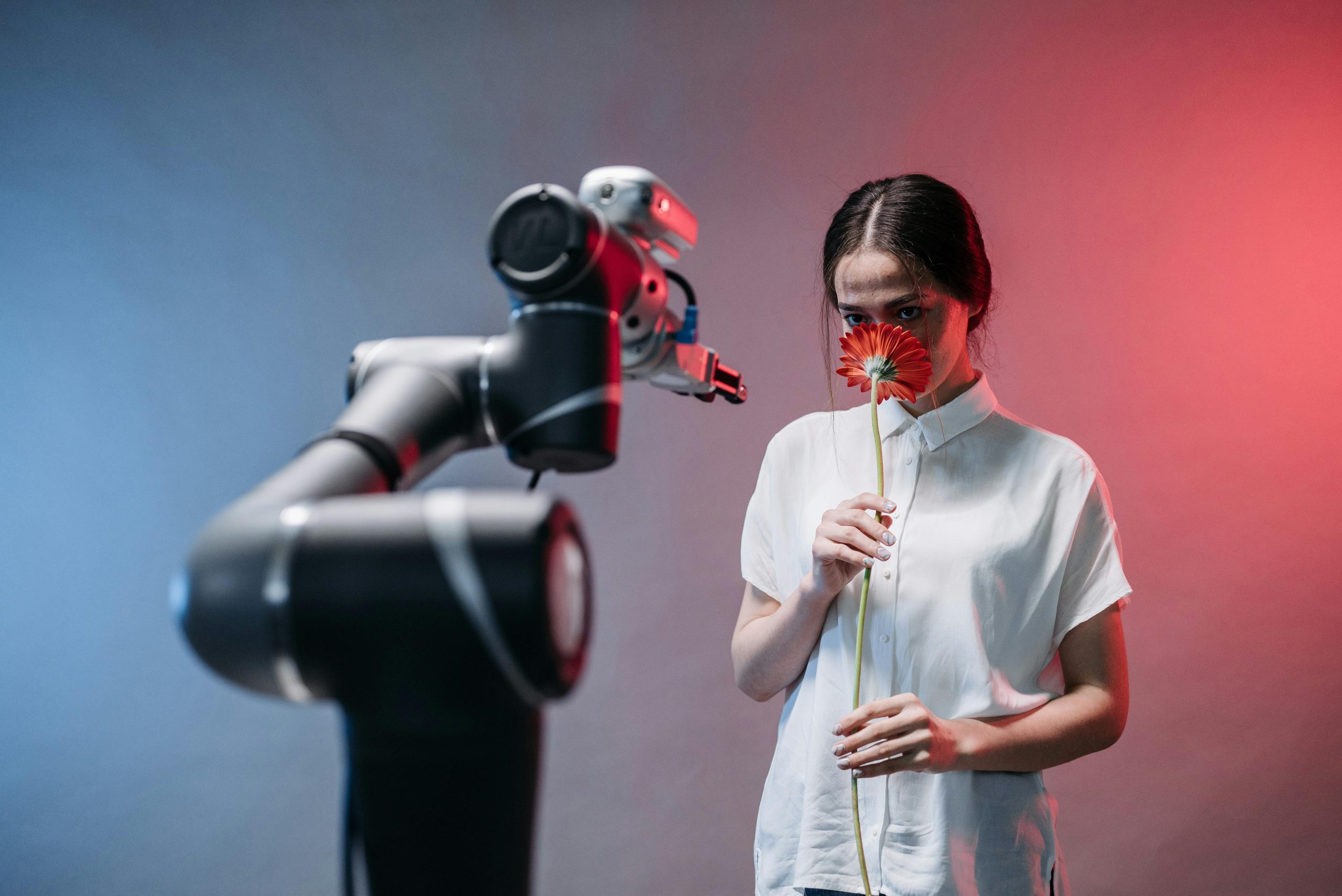I’ve uncovered a frightening truth about AI that everyone else seems to be ignoring
The Hidden Cost of AI: Losing Our Capacity for True Boredom and Innovation
In today’s rapidly advancing technological landscape, it’s easy to focus on the tangible benefits of artificial intelligence — increased productivity, automation, and new opportunities. However, beneath these impressive innovations lies an underlying concern that many aren’t discussing: we may be sacrificing our innate ability to experience genuine boredom, and in doing so, potentially undermining our greatest source of creativity.
Are We Losing the Art of Being Truly Bored?
Take a moment and reflect: when was the last time you experienced profound boredom? That state of mind where your thoughts drift, and you simply allow your mind to wander without external stimulation. For many of us, such moments are scarce. As soon as boredom begins to creep in, smartphones are just a finger tap away — offering endless feeds of news, videos, and entertainment.
Now, with AI-powered algorithms at our fingertips, the temptation is even greater. These systems are designed to keep us engaged, entertained, and distracted 24/7, effectively eliminating the quiet mental space that once fostered innovation.
Why Boredom Matters
Historically, boredom has been the fertile ground from which remarkable ideas sprouted. Thinkers like Albert Einstein roamed long walks contemplating the universe, novelist J.K. Rowling sketched out the world of Harry Potter during train delays, and Charles Darwin found inspiration in solitary nature walks. These moments of unstructured time allowed their minds to connect ideas, explore new possibilities, and make groundbreaking discoveries.
Human evolution has relied heavily on this capacity for introspection, imagination, and subconscious creativity—traits that flourished when our minds had nothing immediate to do. In essence, boredom has served as the spark for innovation, artistic expression, and scientific breakthroughs.
The Double-Edged Sword of AI
Artificial intelligence, with its boundless patience and creative capacity, now acts as the ultimate antidote to boredom. Instead of sitting with a blank mind or letting thought wander, we can simply ask a virtual assistant, scroll through curated content, or watch endless TikTok clips. These tools are designed to entertain and distract, but at what cost?
By continuously filling the void, we risk diminishing the mental states that drive original thinking and push humanity forward. We are, in effect, outsourcing the creative process to machines and algorithms, which are themselves inspired by human ingenuity developed during times of quiet reflection and boredom.
A Curious Paradox
Here’s a troubling thought














Post Comment